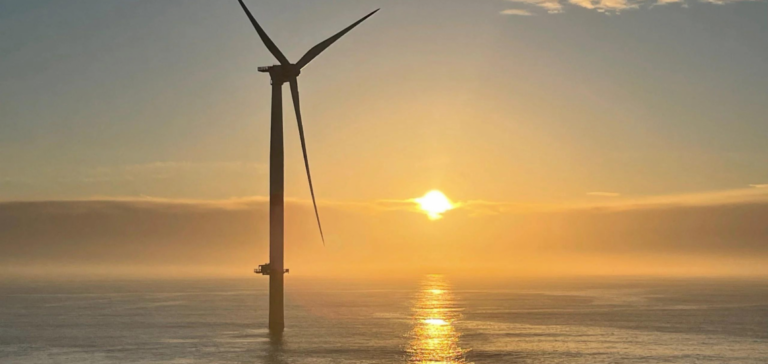Nine countries, including the United States, Japan and the United Kingdom, joined Tuesday an international alliance to encourage the development of offshore wind.
The Global Offshore Wind Alliance (GOWA) was established by the International Renewable Energy Agency (IRENA), Denmark and the industry association worldwide.
On the occasion of the COP27 on climate in Egypt, nine countries have joined this young alliance, announced GOWA: Germany, Belgium, Colombia, United States, Ireland, Japan, Norway, Netherlands, United Kingdom.
They aim to “remove the barriers” to the development of this energy, which can be developed “on a large scale, in a short time and at a competitive price”.
IRENA and the International Energy Agency (IEA) estimate that offshore wind capacity will need to exceed 2,000 GW by 2050, compared to just over 60 GW today, to limit global warming to 1.5°C and achieve carbon neutrality.
The alliance aims to contribute to this goal with a total installed capacity of at least 380 GW by 2030.
“We see an opportunity to leverage our offshore know-how and expertise to help other countries build or develop their own offshore wind capacity,” German climate ambassador Jennifer Morgan said in a statement.
The Belgian Minister of Energy, Tinne Van der Straeten, praised the strong development of this energy in the North Sea, which “will become a large sustainable power plant”. “With this green acceleration we can replace gas and oil faster,” she promised.






















